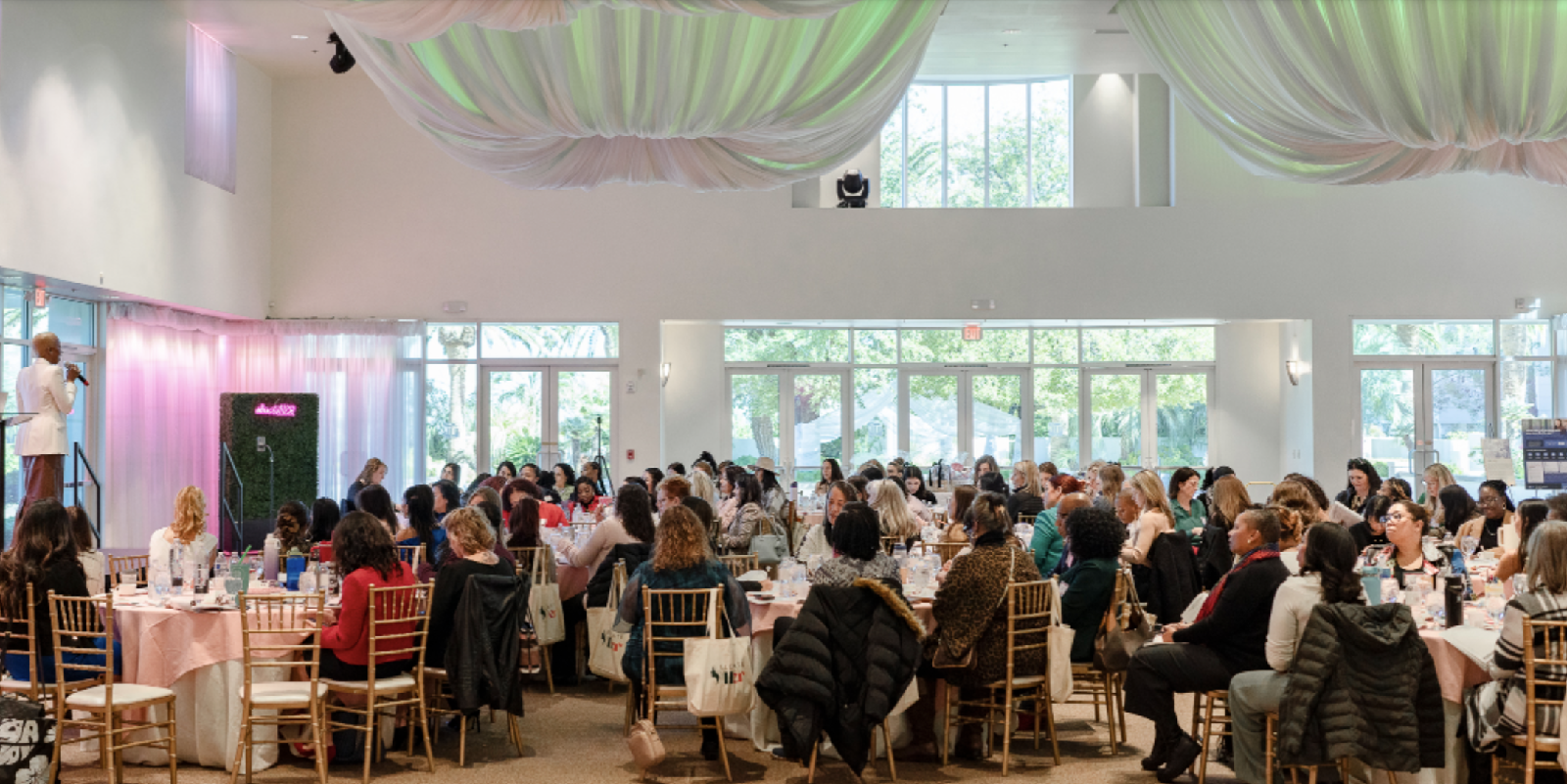Transformation: Codependency to Interdependency
Throughout the years that I have been coaching single, married, and
engaged couples I have learned quite a bit about human behavior and how we
interact with each other. During the
time we spend dating and getting to know each other, characteristics emerge.
Some of these characteristics and behaviors are helpful in building and growing
a healthy relationship; meanwhile, some of these behaviors will have us
questioning our judgment.
Often because we want to make the best impression, we have a tendency to overlook the behaviors that give us pause. If our emotions are involved, we tend to hope that what we are seeing isn’t what it really is. Or we excuse away the behaviors and cross our fingers in hopes that marriage will fix those flaws, or better yet God will work it all out, independent of our efforts. What I also learned is that 90% of the American population has codependent tendencies – while it is more apparent in some more than others, I wasn’t overly surprised by this finding.
Over time codependency takes a toll on relationships. It affects other areas of our lives as well, but we’ll focus on relationships. It places undue stress and pressures on the relationship and on the other person to be our “everything”. I remember when I came to the realization that my husband could not possibly be my "everything". It was then that I learned who I am and that my identity comes from God, not my husband. It took the pressure off him so he could be free to be all that God created him to be. And I needed to do the same. I had to lean into my relationship with God and seek Him for my everything.
When you are dating and that person declares that you are their everything, or they can’t imagine life without you – explore that! Don’t run off with the big head thinking that you are about to be worshipped. You may be heading into a codependent relationship.
Five Things Codependency says:
- My self-esteem is based on what
you think of me: Psalm 139:14 says “I praise you
because I am fearfully and wonderfully made; your works are wonderful, I
know that full well.
- I live to please you: 1Thessalonians
4:1 says “Live in a way that pleases God...”
- I exist to make you happy: Psalm 138:8 says, “The Lord will fulfill His purpose for me; your
love oh Lord, endures forever – do not abandon the works of your hands.”
- I live in fear of you leaving
me: Hebrews 13:5 says, “Keep your lives
free from the love money and be content with what you have, because God
has said, never will I leave you: never will I forsake you.”
- My interests are
set aside to enjoy yours: Proverbs
29:18 says, “Where there is no vision (or revelation) the people perish…”
The scriptures referenced here are God’s reminder to us where our true identity comes from. It is definitely not in another human being, but in Him alone. While God is the Creator and originator of marriage, His intent was never for us to find our purpose and identity in the marriage. However, we should be striving towards healthy self awareness, purpose and identity in Him – with foundational convictions, on which we make decision that affects our lives.
Regardless of your relationship status, if you identify with any of the above characteristics, you do not have to remain that way. A major part of relationship coaching is teaching my clients the skills to harness their identity in Christ and actually walk it out.
Five Things Interdependency says:
- I am safe to be vulnerable: Whether in a relationship or not, I can create
the space I need to fully be comfortable in my own skin.
- I can freely express myself with good
communication: I am self aware
which helps me to articulate and convey what I need to say.
- I can have healthy boundaries with you: We give
each the space to thrive without being overbearing – we have friends and
colleagues independent of each other.
- I have a healthy self-esteem: Your compliments are great, but without them my
life is still fulfilled.
- I am free to explore my own interest: I can
set personal goals and strive to meet them, and help you nurture your
own.
If you identify mostly with interdependency congratulations are in order, you are doing the work. If codependency is where you might be leaning, I encourage you to take a self inventory – we have the tools here at Coach4Life, LLC to help with that – and be courageous enough to face what may emerge. Those are some of the first steps towards the transformation from a position of codependency to achieving interdependency.





Great insight! This helps explain why so many people end up in challenging relationships.
ReplyDeleteIndeed!
DeleteSo true and I have found such freedom in not having to be my spouses everything! Thank you for sharing this , a great reminder!! Love your posts. Blessings
ReplyDeleteSure takes the pressure off! Thanks Nancy -
DeleteI love this! Showing examples of codependency really puts things in perspective, it’s hard to see that you are in this kind of relationship until you step back and look at the bigger picture. Great post!
ReplyDeleteAbsolutely!!
Delete